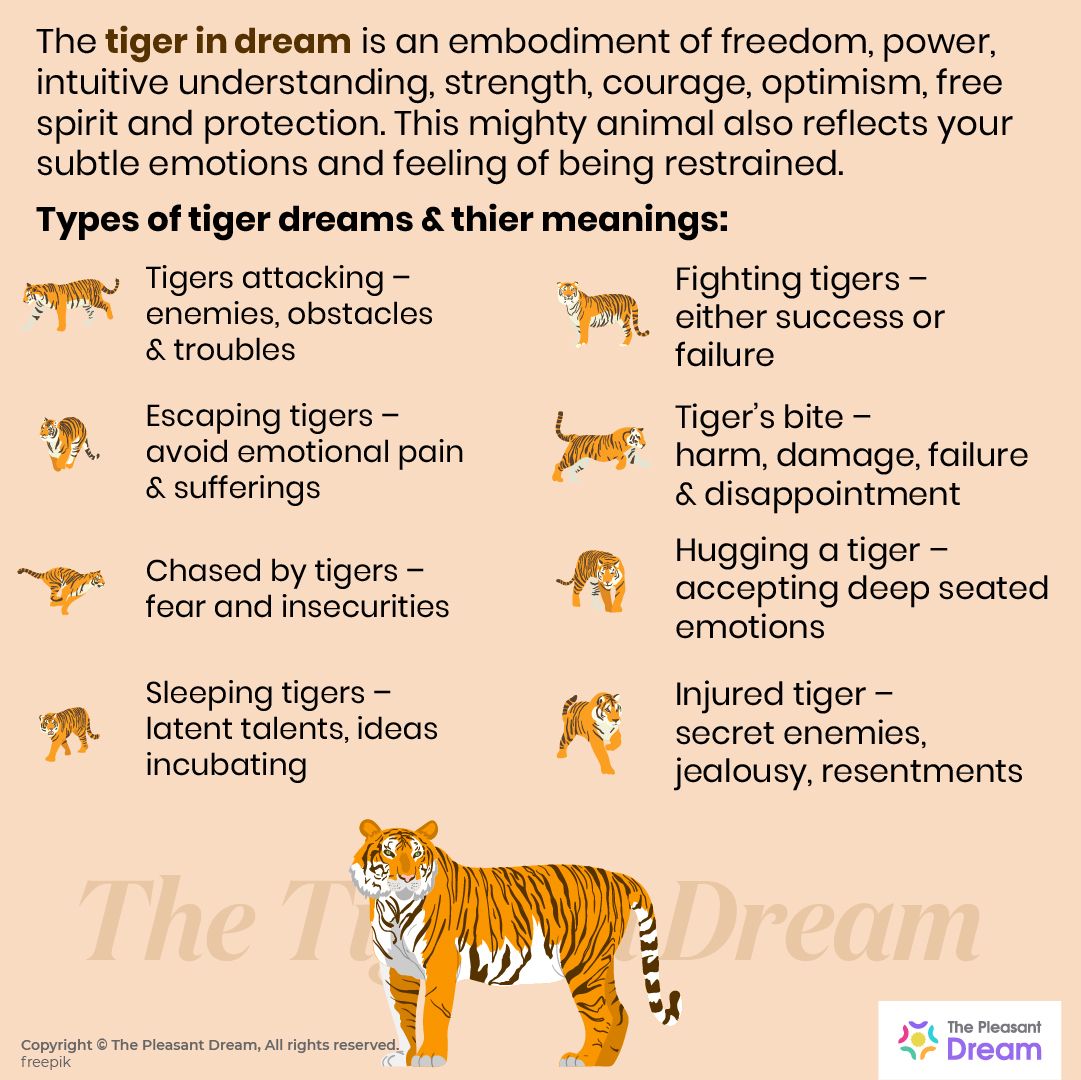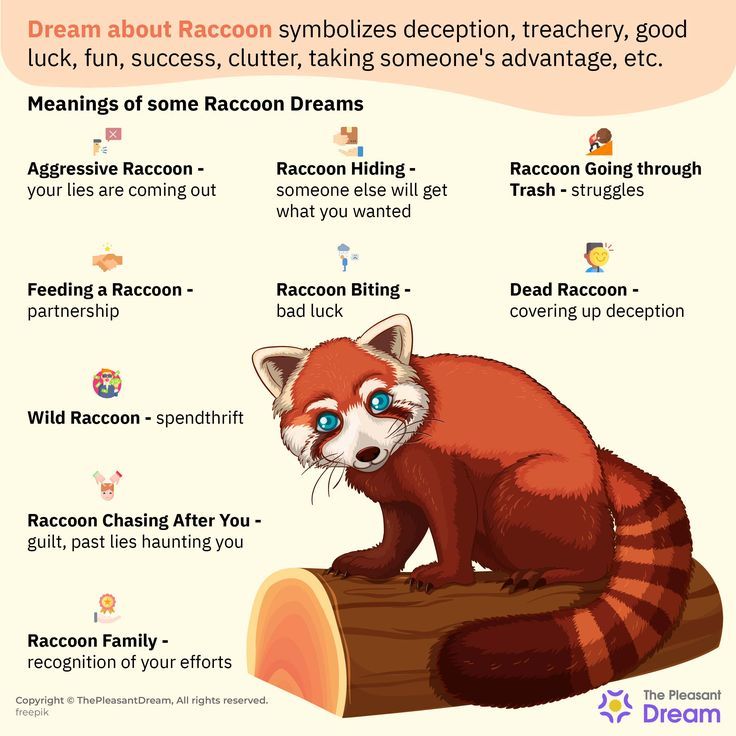Why Can’t I Remember My Dreams? Unveil the Mystery!
Dreams can be hard to remember because of brain activity shifts during sleep. The transition from sleep to wakefulness disrupts memory consolidation. Many people struggle to remember their dreams upon waking. This common issue often stems from the brain’s natural processes during sleep. The brain prioritizes different functions at various sleep stages, especially during REM (Rapid Eye Movement) sleep when most dreaming occurs. The shift from deep sleep to wakefulness can interfere with memory retention. Distractions upon waking, such as alarms or immediate activities, can further impede dream recall. Improving dream recall involves techniques like maintaining a dream journal, practicing mindfulness, and ensuring consistent sleep patterns. Understanding these factors can help enhance the ability to remember dreams. The Enigma Of Forgotten Dreams The Enigma of Forgotten Dreams Dreams are a fascinating part of our sleep. Yet, many of us wake up without any memory of them. Why do dreams slip away so quickly? Let’s delve into the science behind this mystery. The Science Of Dreaming Dreams occur during the REM (Rapid Eye Movement) sleep phase. During REM, our brain is very active. This phase is important for memory and learning. The brain processes emotions and experiences from the day. While dreaming, the brain creates vivid stories. These stories can be strange or familiar. Yet, despite the brain’s activity, we often forget these dreams. The reasons behind this are complex but fascinating. Why Dreams Fade Quickly There are a few reasons why dreams fade. First, the brain might not store dream memories well. Dreams are often illogical and fragmented. The brain might see them as less important than waking memories. Second, the transition from REM to waking can erase dreams. The brain shifts focus to the waking world. This shift can make dream memories disappear. Reason Description Brain Storage Dreams may not be stored well as memories. REM Transition Waking up from REM can erase dream memories. Credit: www.bbc.com Stages Of Sleep Explained Understanding the stages of sleep is key to knowing why dreams fade. Our sleep is divided into two main categories: REM sleep and non-REM sleep. Each stage plays a different role in our sleep cycle. Rem Sleep: The Dream Stage REM sleep stands for Rapid Eye Movement sleep. This stage is when we dream the most. During REM sleep, our brain activity is high. It is almost like being awake. Our eyes move quickly under our eyelids. This stage happens about 90 minutes after we fall asleep. REM sleep is important for learning and memory. We go through several REM cycles each night. The longest REM periods happen in the early morning. Non-rem Sleep And Its Phases Non-REM sleep has three phases, each deeper than the last. Phase 1: This is the lightest sleep stage. It is the transition from wakefulness to sleep. You can be easily awakened during this phase. Phase 2: This is deeper sleep. Your body temperature drops and heart rate slows. You spend most of your sleep time in this phase. Phase 3: This is the deepest sleep stage. It is also called slow-wave sleep. This phase is crucial for physical recovery and growth. Each night, we cycle through these stages multiple times. The balance of these stages affects how well we remember dreams. Most dreams occur in REM sleep, but we often wake up from non-REM sleep. This makes it harder to recall dreams. Factors Influencing Dream Recall Understanding why you can’t remember your dreams can be puzzling. Several factors can influence dream recall. These include sleep disorders, medications, substances, stress, and mental health. Let’s explore these factors in detail. Sleep Disorders Sleep disorders can affect your ability to recall dreams. Conditions like insomnia and sleep apnea disrupt sleep patterns. This disruption often leads to fragmented sleep. The fragmented sleep makes it hard to remember dreams. Insomnia often results in less time spent in REM sleep. REM sleep is the stage where most dreams occur. Reduced REM sleep means fewer dreams to remember. Sleep Apnea causes frequent awakenings during the night. These interruptions can hinder the dream recall process. Medications And Substances Some medications and substances can impact dream recall. Certain drugs alter brain chemistry. This change can affect how well you remember dreams. Antidepressants Sleeping pills Alcohol Caffeine Antidepressants can suppress REM sleep, reducing dream frequency and recall. Sleeping pills may lead to a deeper sleep, making it harder to remember dreams. Alcohol can disrupt the sleep cycle, impacting dream recall. Caffeine can affect the ability to fall asleep, reducing dream time. Stress And Mental Health Stress and mental health play a significant role in dream recall. High stress levels can affect sleep quality. Poor sleep quality often leads to fewer remembered dreams. Anxiety can lead to restless sleep. Restless sleep makes it difficult to recall dreams. Depression can also affect sleep patterns. Irregular sleep patterns often result in poor dream recall. Maintaining good mental health is key to better dream recall. Techniques like meditation and relaxation can help improve sleep quality. Improved sleep quality often leads to better dream recall. Credit: www.wikihow.com The Role Of Brain Chemistry Understanding why you can’t remember your dreams involves looking at brain chemistry. Your brain uses various chemicals to regulate sleep and dreams. These chemicals play a role in how well you recall your dreams. Neurotransmitters At Play Neurotransmitters are brain chemicals that send signals between neurons. They influence your sleep and dream patterns. Two important neurotransmitters related to dreams are serotonin and norepinephrine. During the REM (Rapid Eye Movement) sleep phase, levels of these neurotransmitters drop. This drop is essential for dreaming but can affect dream recall. Serotonin: Affects mood and sleep quality. Norepinephrine: Influences alertness and memory. Low levels during REM sleep make dream memories harder to keep. Your brain is not in a state to store these memories well. Hormonal Influences Hormones also play a significant role in dream recall. Cortisol is a hormone that affects your stress and sleep cycles. Cortisol levels peak in the early morning, just before you … Read more









